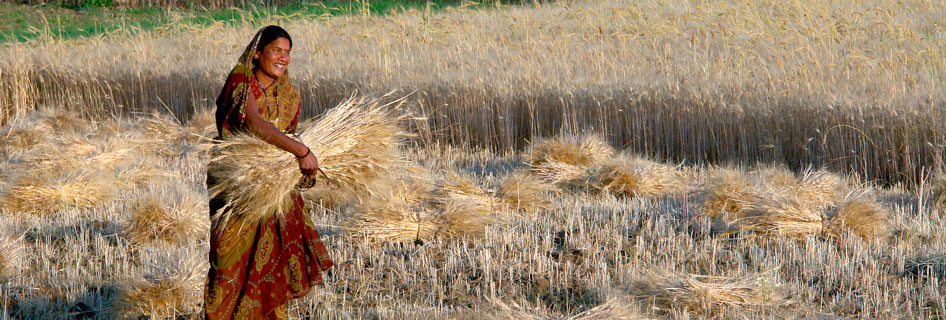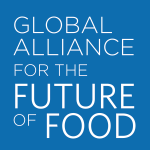
©Wikipedia
At the launch of the ‘Scientific and Economic Foundations’ report in June 2018, the Framework was still untried, untested and thus unproven. The immediate next step was to move from analysis to action and commission pilot studies that use and apply TEEBAgriFood and its Framework on the ground. In addition to the country implementation initiatives, this pilot study was designed to deliver quick feedback and results on the viability of the Framework.
This study applies the TEEBAgriFood Evaluation Framework to the rural wheat value chain in Punjab, India. The study objectives are to describe, compare and (where appropriate) value the magnitude and variability of impacts and externalities:
- between conventional and organic wheat production, and
- between a prevailing policy context of many subsidies – for energy, water, pesticides, fertilizers – and a context of direct transfer payments to farmers through the new unique identity (‘UID’) automated system in India.
The state of Punjab, often cited as the “Granary of India”, contributes to 18% of India’s total wheat production and 39% to the central pool. Characterized by crop monocultures, subsidized access to inputs (energy for water extraction, fertilizers, pesticides) and increasing fertilizer use, six decades of intensive wheat cultivation in Punjab has led to a perverse scenario of excessive depletion of groundwater, decline in soil quality and productivity, loss of biodiversity and severe environmental pollution, culminating in adverse impacts on human health. The productivity of wheat has tripled post green revolution at approximately 4.9 t/ha and the state has a very high intensity and fertilizer, pesticide, insecticide and water use.
The study would offer the opportunity for a test of applications, i.e.
- typology comparison (comparison of externalities faced and relative costs of abatement in both conventional and organic systems,) and
- alternative policy scenario evaluation (impact of policy instruments on transition from BAU to sustainable livestock intensification or low-input crop production).
Download: Full report | Executive summary
Status: Ongoing
Research lead
Download: Full report (forthcoming) | Executive summary (forthcoming)

